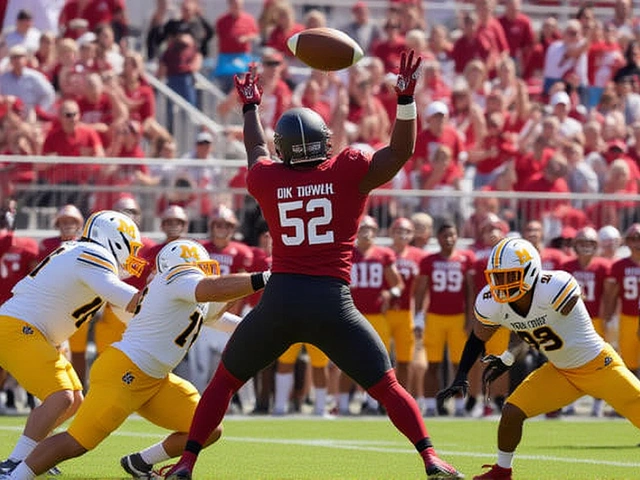Education in Sports: Simple Guides to Learn, Play, and Grow
Ever wonder how to start a new sport or help a kid find the right game? You’re not alone. Below you’ll find easy‑to‑follow advice that covers the basics of sports education, from picking a sport to building confidence on the field.
Learning the Basics: Which Sports Are Open to Everyone?
First thing’s first – you don’t need a fancy background to get into most sports. Activities like soccer, basketball, swimming, and track are low‑cost and have community programs everywhere. Look for local clubs, school teams, or recreation centers that welcome beginners. If you’re a girl wondering what sports you can try, the answer is almost any sport that interests you. From softball to martial arts, the options are wide open.
When you sign up, ask about introductory sessions. Many places run “learn to play” clinics that focus on basic skills, safety rules, and teamwork. These sessions are perfect for getting a feel for the game without pressure. Bring a friend if you can – having a familiar face makes the first day less intimidating.
Building Skills and Confidence: Tips for Young Athletes
Once you’ve chosen a sport, the next step is practice. Keep it short and fun at first – 20‑30 minutes a day is enough for beginners. Focus on one skill at a time: dribbling for basketball, kicking for soccer, or proper breathing for swimming. Celebrate small wins; they boost confidence and keep motivation high.
Don’t forget the importance of rest and nutrition. A balanced snack, plenty of water, and a good night’s sleep help the body recover and improve performance. If you’re coaching a child, set realistic goals and avoid over‑coaching. Let the kid explore, make mistakes, and learn at their own pace.
Finally, watch and learn. Whether it’s a local game or a professional match on TV, pay attention to how players move, communicate, and react. Try to copy good habits and ask questions – most coaches love an eager learner.
Sports education isn’t about mastering everything overnight. It’s about steady progress, enjoying the process, and building a lifelong love for movement. Use these simple steps, stay curious, and you’ll see improvement faster than you expect.

The article explores the importance of sports in the college admissions process. It states that playing a sport is not essential for gaining admission to top-tier universities, though it can be beneficial. According to the article, top-tier universities value academic achievement, extracurricular activities, and community service more than they do athletic ability. It also suggests that while playing sports can provide a boost to college applications, it should not be the primary focus. Instead, students should focus their attention on other activities that will help them stand out. In conclusion, playing sports is not a requirement to gain admission to top-tier universities, but can be beneficial in certain cases.





